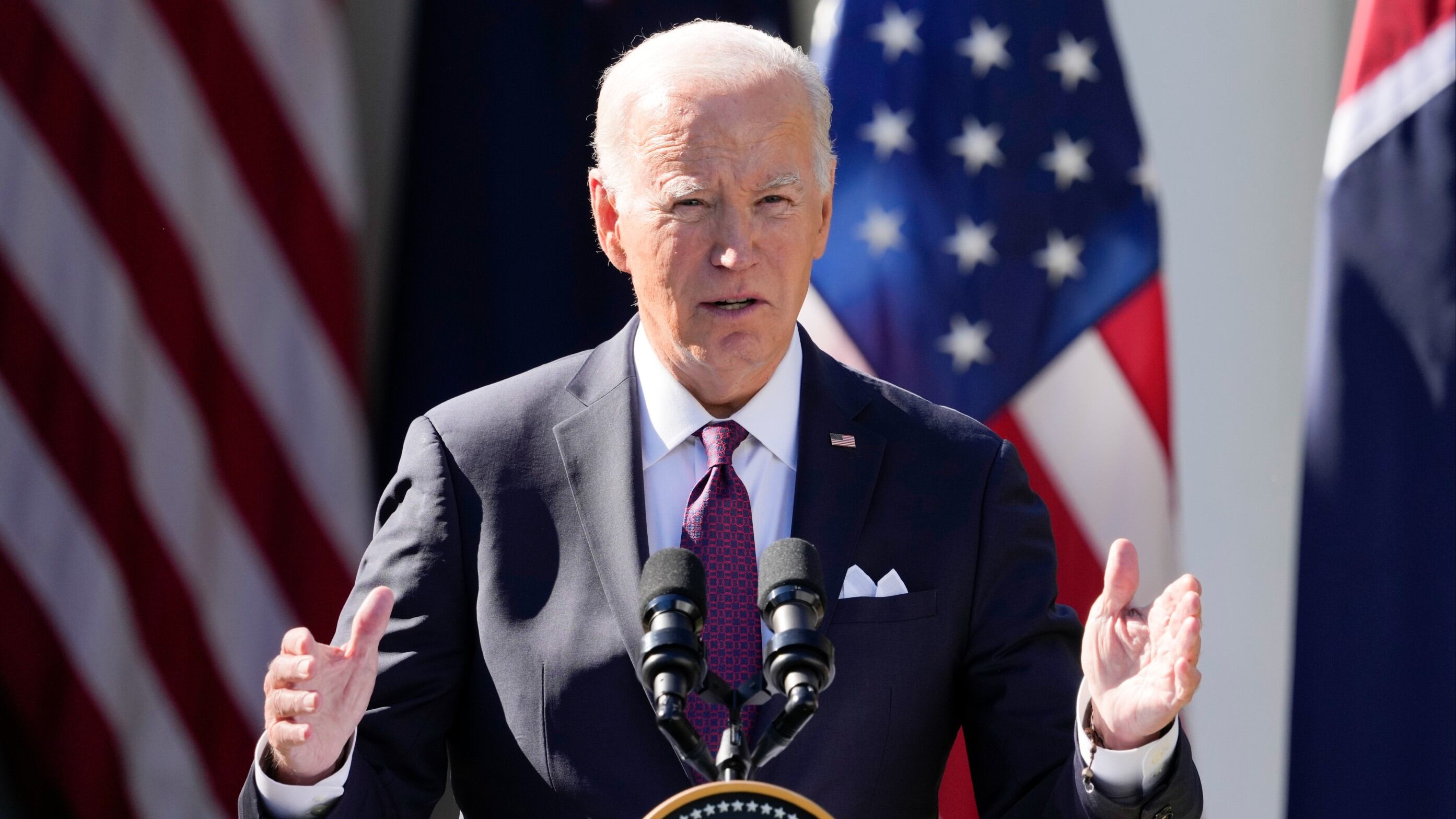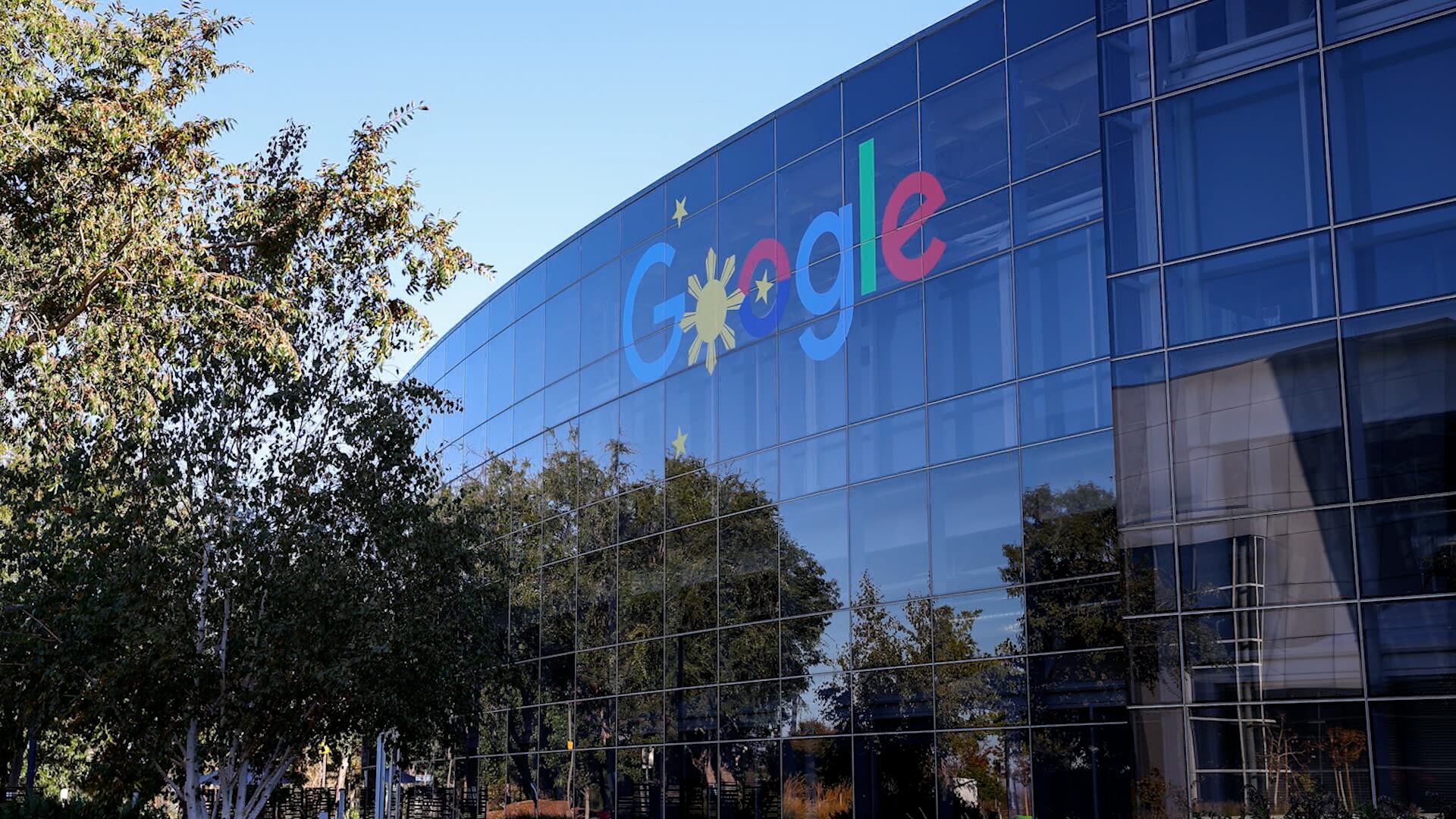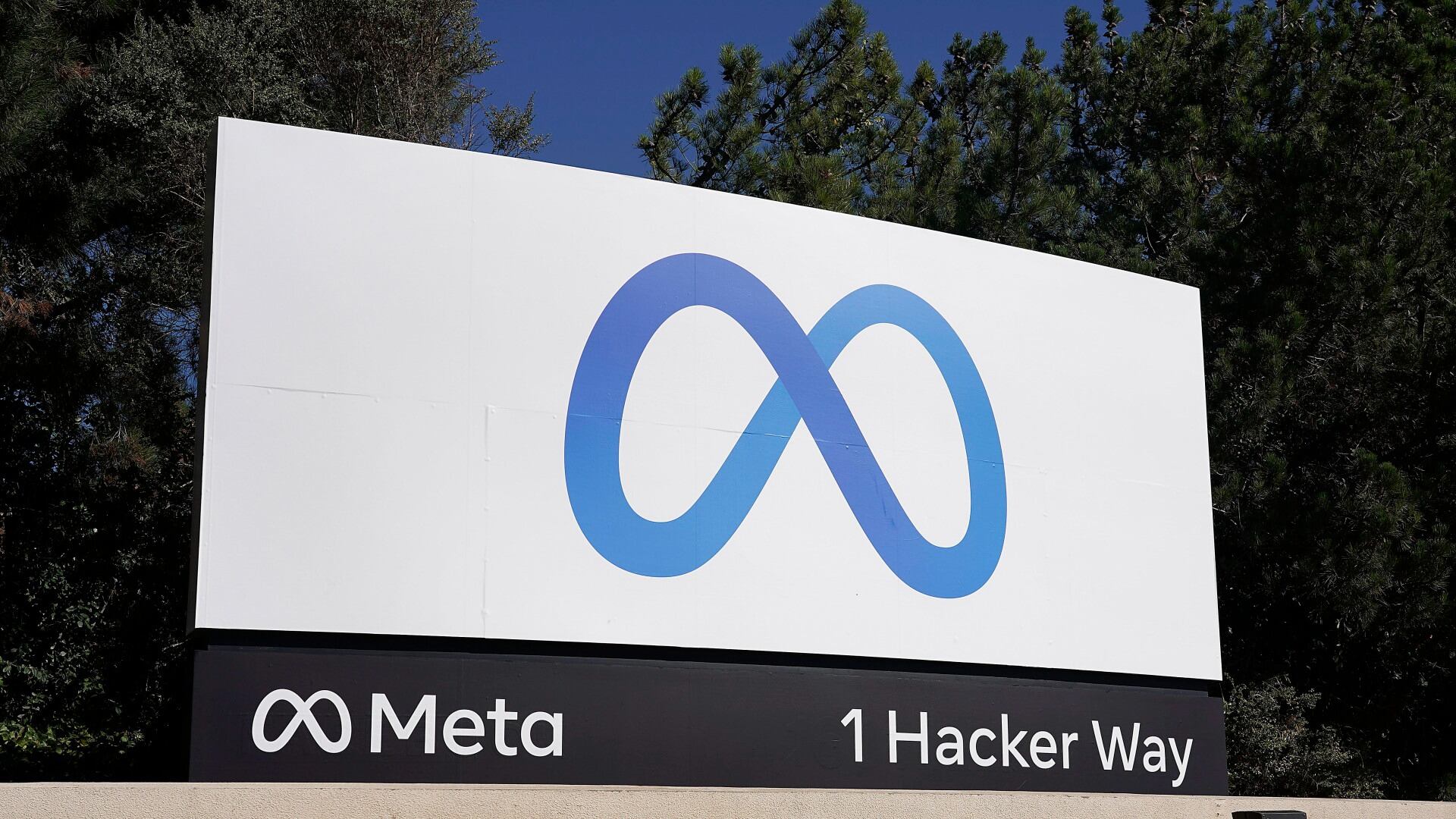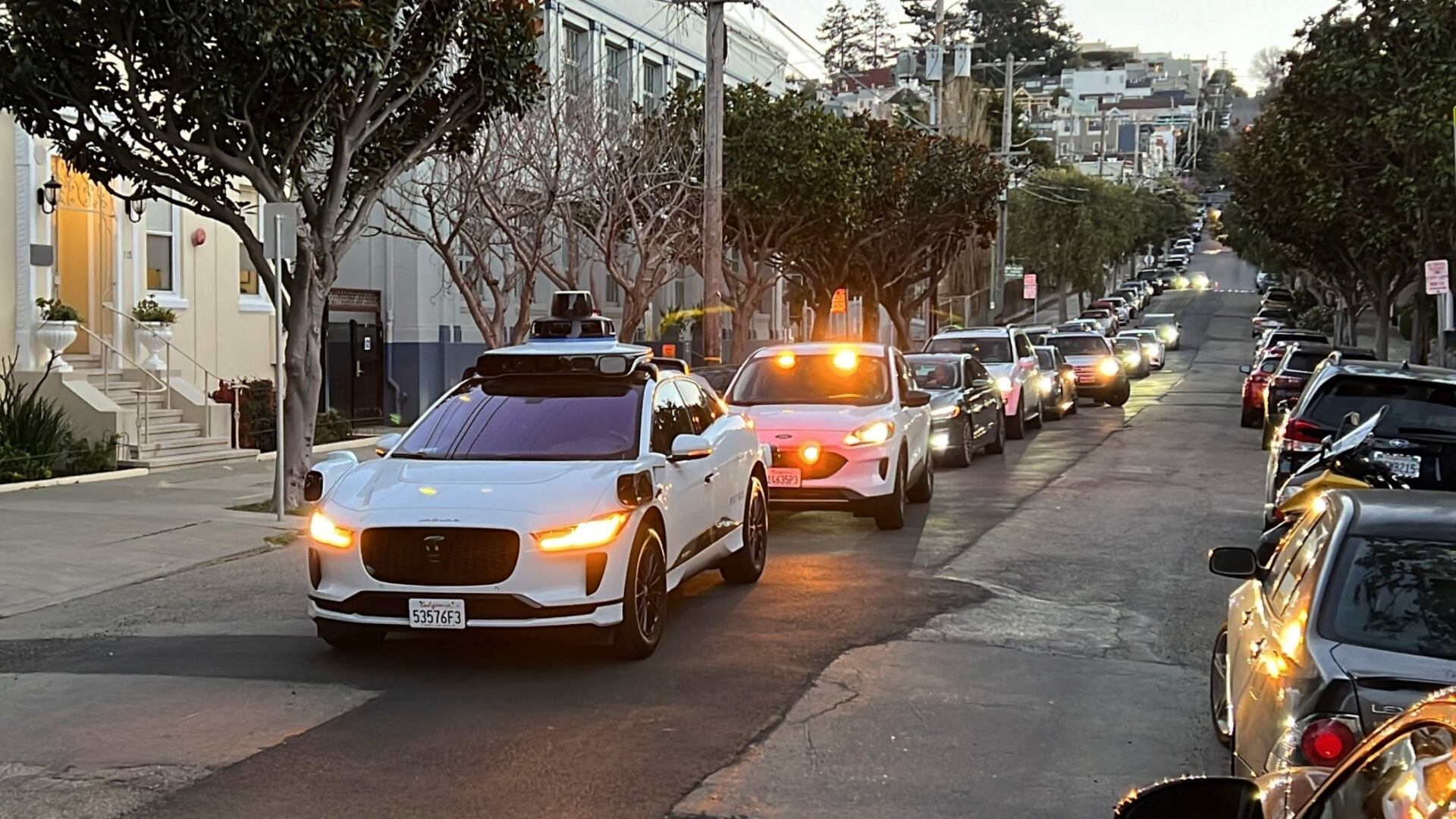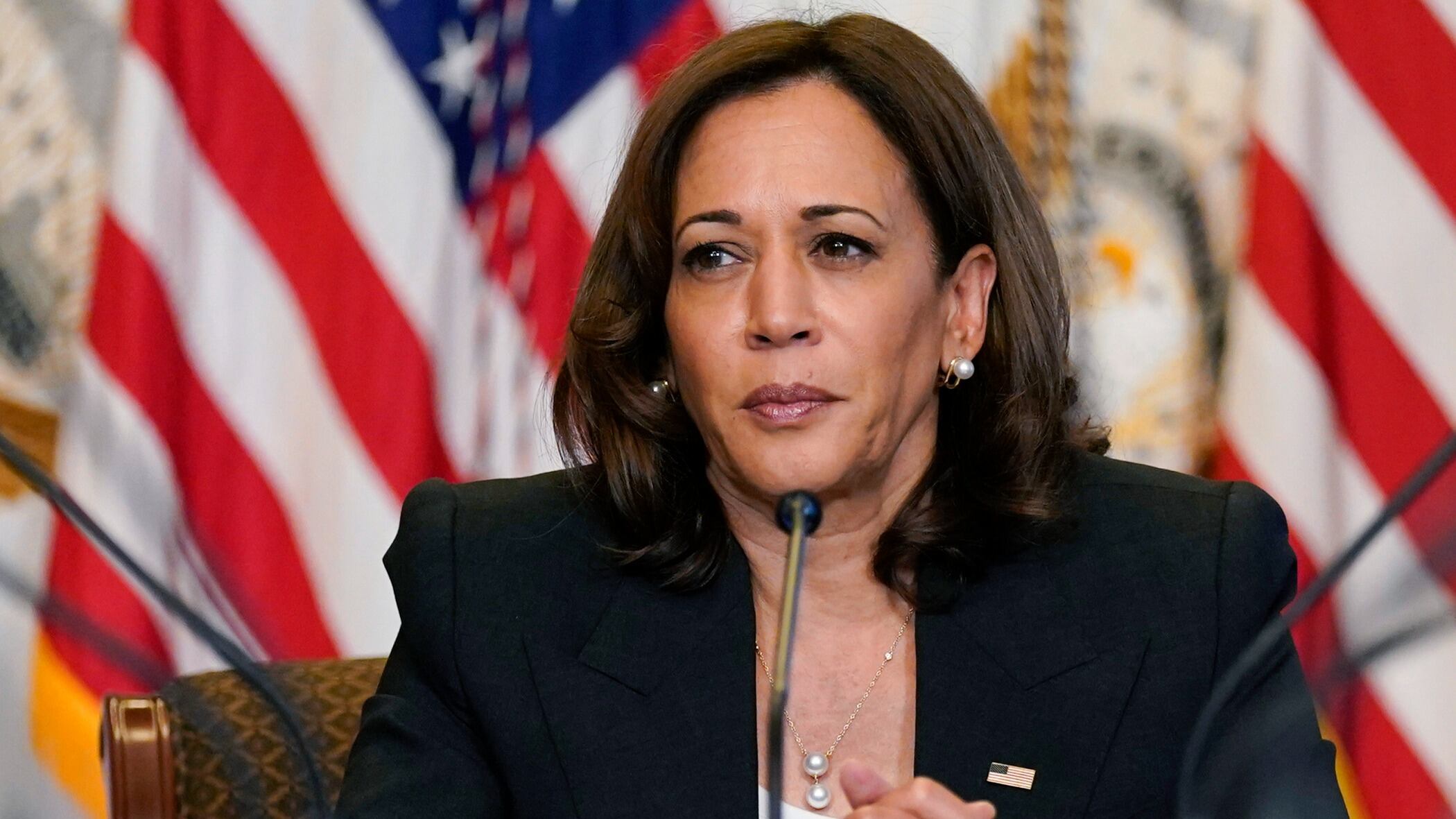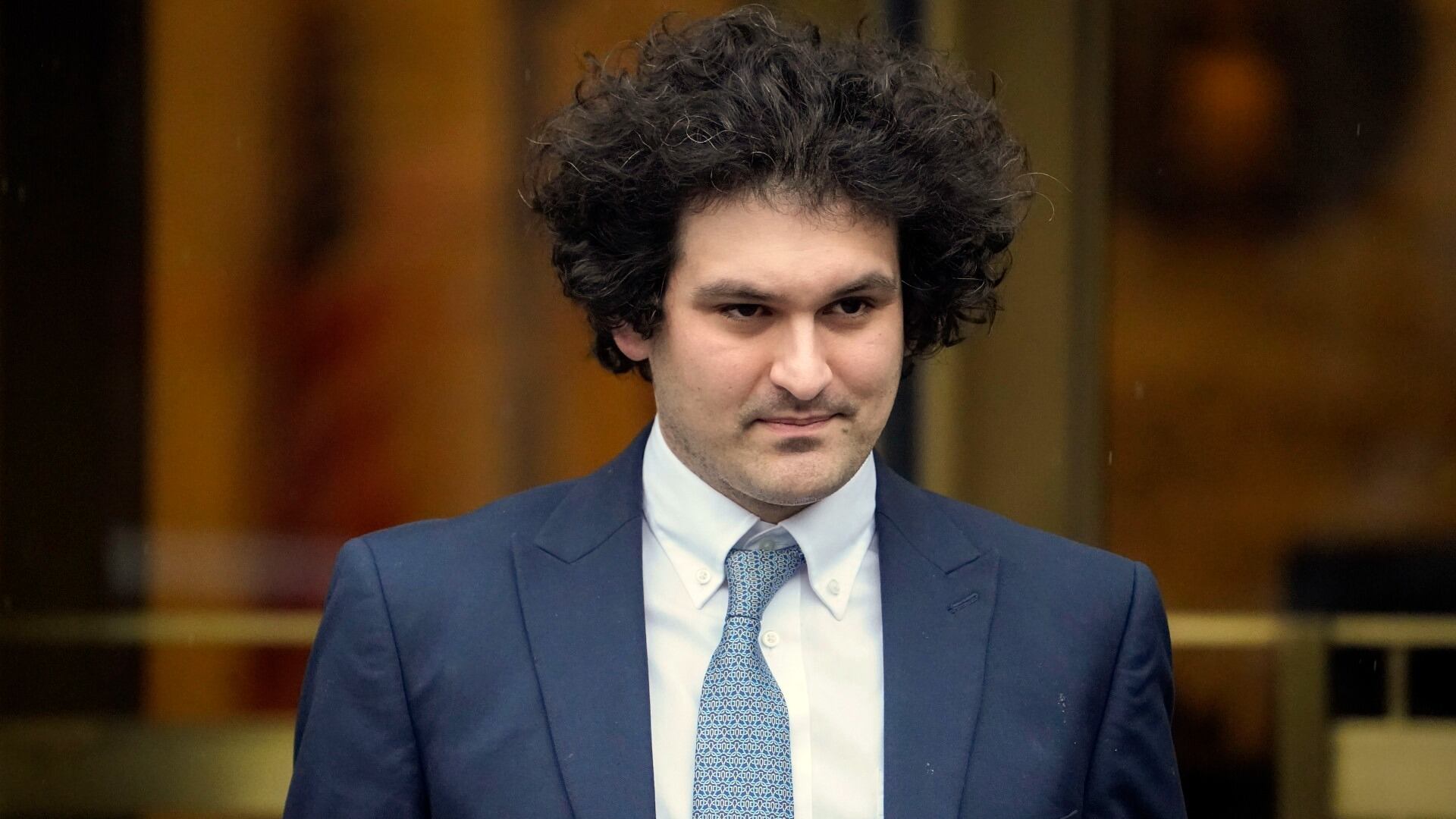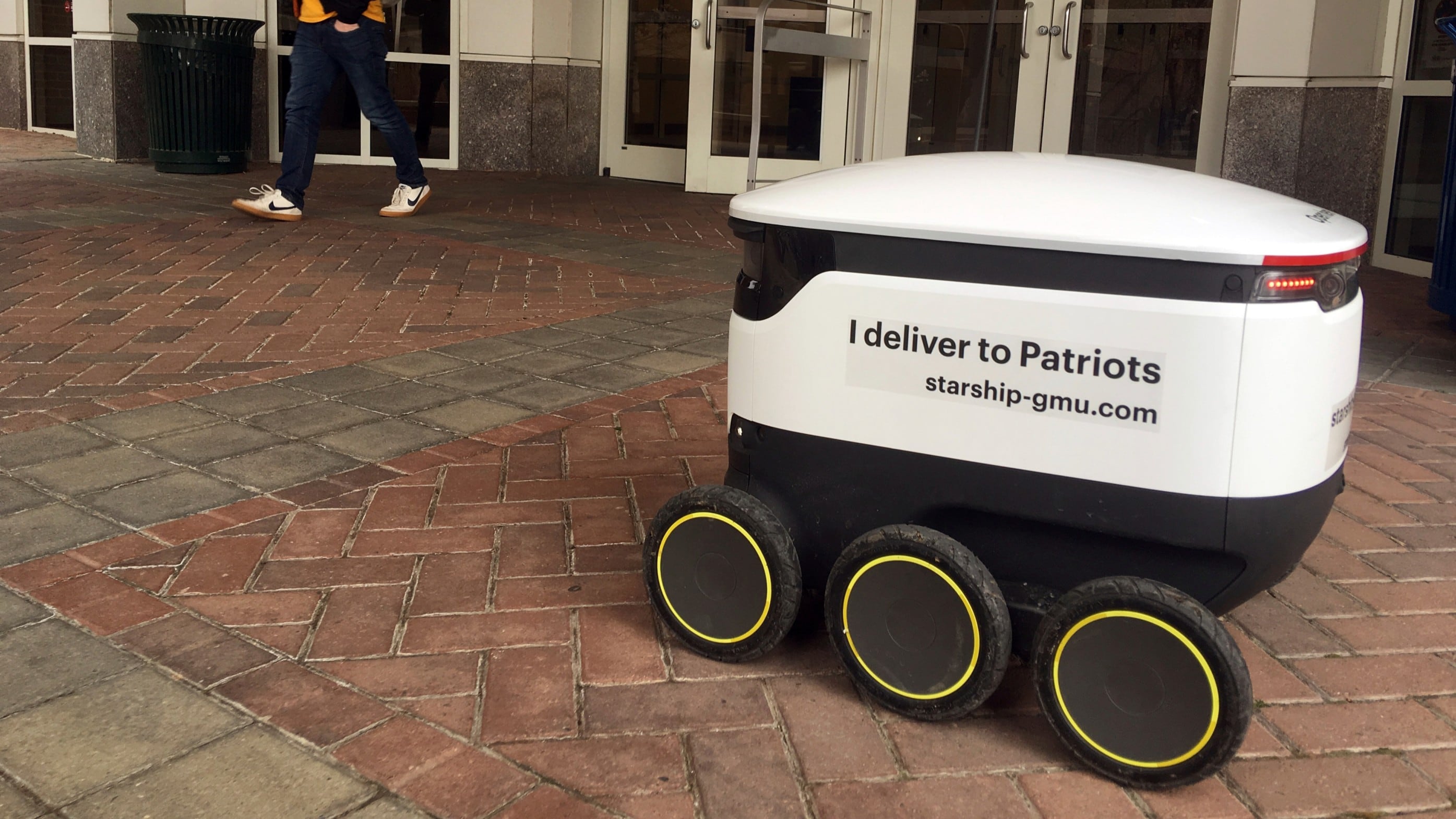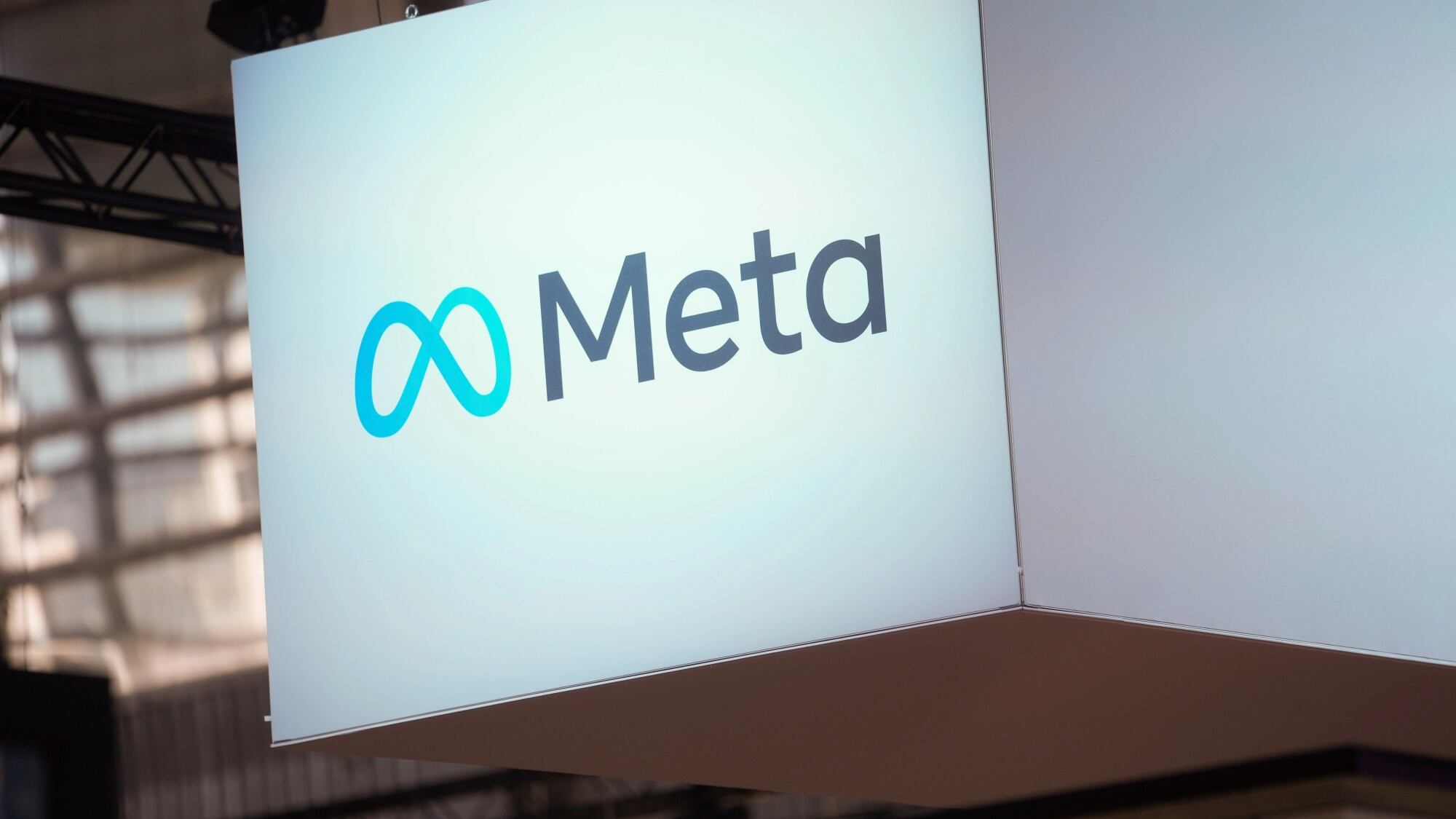TikTok is banning deepfakes amid increasing pressure from the U.S. government over privacy and security concerns. CEO Shou Zi Chew announced the policy in a TikTok video on Tuesday two days ahead of his scheduled appearance before congress.
In the video, Chew stressed the stakes of a potential government ban on Tiktok — an idea floated by U.S. lawmakers in recent months. “Some politicians have started talking about banning TikTok," he said. "Now this could take TikTok away from all 150 million of you."
He also highlighted TikTok's updated rules and standards, which includes explicit restrictions on deepfakes (any synthetic media produced by artificially intelligent technology). Manipulated content that shows realistic scenes must now be properly labeled as fake.
“These principles are based on our commitment to uphold human rights and aligned with international legal frameworks,” said Julie de Bailliencourt, TikTok’s global head of product policy.

